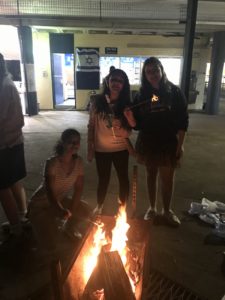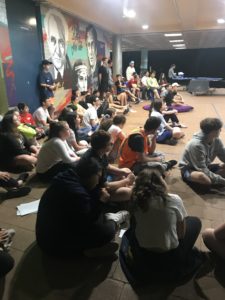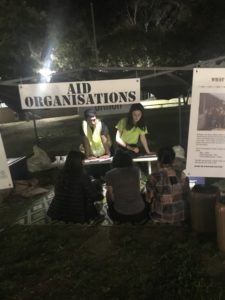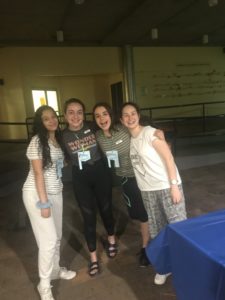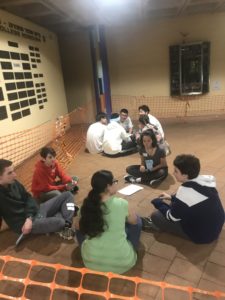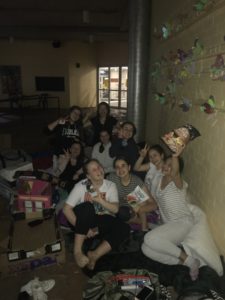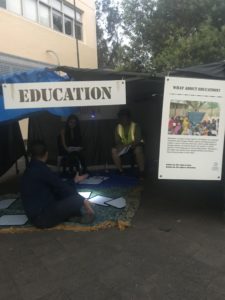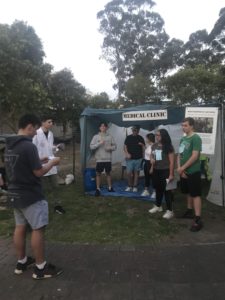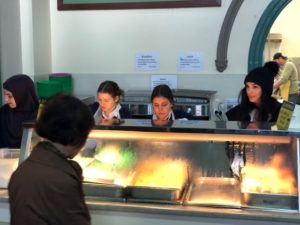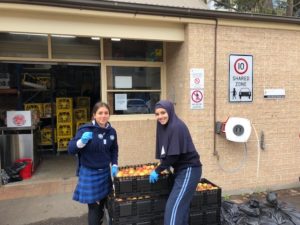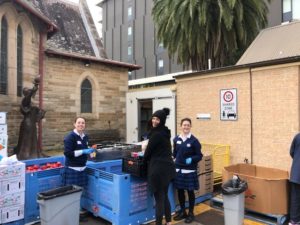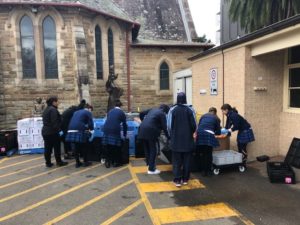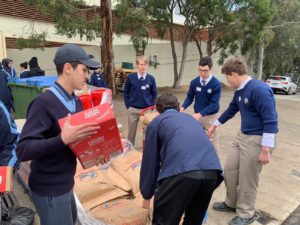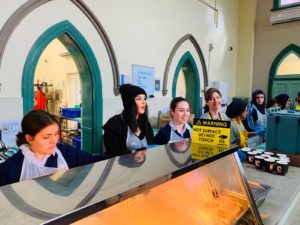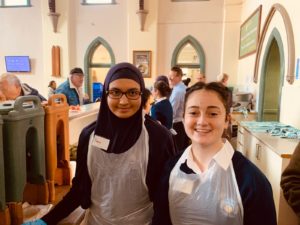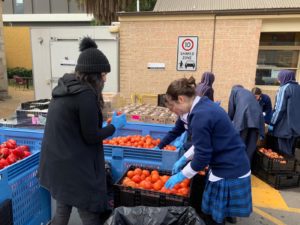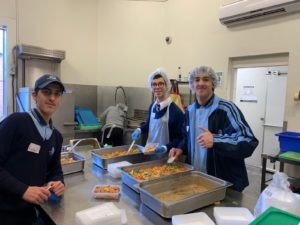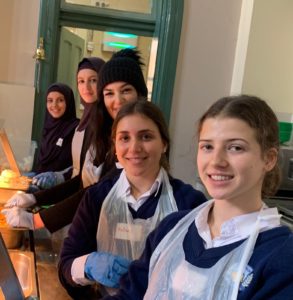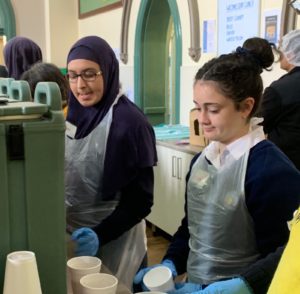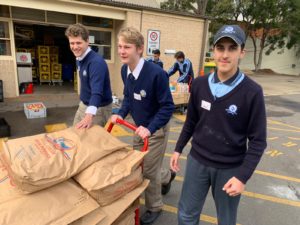By Mrs Nikki Grauman, Head of Academic Care, Junior School
Many of us who are parents or educators will remember the 3 R’s relating to school thinking: Reading, (a)rithmetic and remembering. These skills required learners to store, recall and then use previously learned information. And while traditional testing that requires students to utilise this type of thinking are still being used, more and more teachers are setting exams and learning activities in the classroom that require students to use the 3 C’s of learning to guide their thinking and responses, namely: curiosity, creativity and challenging thinking.
Whilst the 3 R’s require us to use existing knowledge, the 3 C’s require learners to use this knowledge in order to inform new ideas, examples, evidence, reasoning and decisions. Often times this can mean that there is not simply a yes/no answer or right or wrong solution. Instead, there may be multiple ways that a learner can answer a question. As long as their answer uses knowledge to support and justify their response, their answer could be considered accurate.
In education circles we refer to this as “higher order thinking skills” or “deeper forms of thinking”. It requires the use of ideas and knowledge from multiple sources to inform and challenge our thinking and this is what makes us curious, challenging and creative thinkers and learners.
The world beyond the classroom (and indeed within the classroom) is rapidly changing and evolving. We are regularly bombarded with images, infographics, news articles, adverts, information and social media that requires us to use our judgment and to think for oneself rather than take what we read, hear and see at face value.
Masada College focuses on providing teaching and learning programs and opportunities that develop students’ thinking and equips them with the tools necessary to survive and thrive in today’s world. We aim at building skills that require students to participate as well-rounded, mentally healthy and academically capable young people who have a growth mindset and a positive mental and emotional attitude. We encourage them to be flexible, imaginative, analytical and daring thinkers and to think outside the box.
So the next time your child asks you a question – before answering it for them – ask them to think about a possible answer or a connection that may help them come up with a plausible solution. Their responses may surprise both them and you!

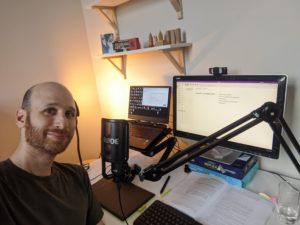
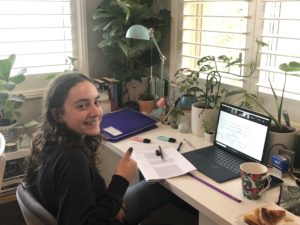
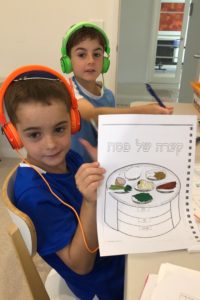
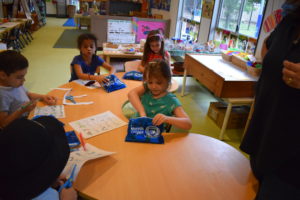
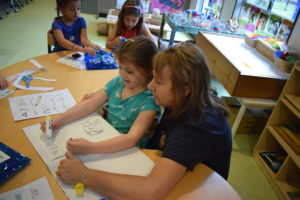

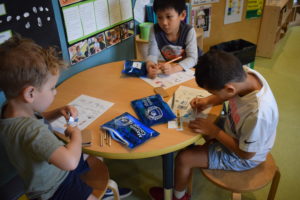
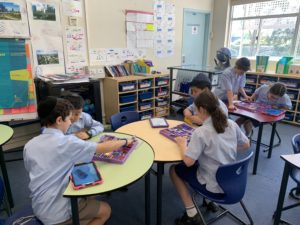 way we teach and engage our younger students develop, we are seeing the focus in education shift away from lessons focused on teaching the “content”. Instead, we now recognise the need to teach students to learn and apply scientific skills, design thinking and digital-technology-production skills. Helping both boys and girls feel comfortable in the science classroom and increasing engagement has been an emphasis over the past few years through the introduction of STEM, theme-based learning tasks, that enable teachers to provide more diverse and practical activities and learning opportunities to students. The idea is to make what the students are learning more relevant to them and their world. This is done through providing personal choice, autonomy and relevance to their unique and collective needs.
way we teach and engage our younger students develop, we are seeing the focus in education shift away from lessons focused on teaching the “content”. Instead, we now recognise the need to teach students to learn and apply scientific skills, design thinking and digital-technology-production skills. Helping both boys and girls feel comfortable in the science classroom and increasing engagement has been an emphasis over the past few years through the introduction of STEM, theme-based learning tasks, that enable teachers to provide more diverse and practical activities and learning opportunities to students. The idea is to make what the students are learning more relevant to them and their world. This is done through providing personal choice, autonomy and relevance to their unique and collective needs. 